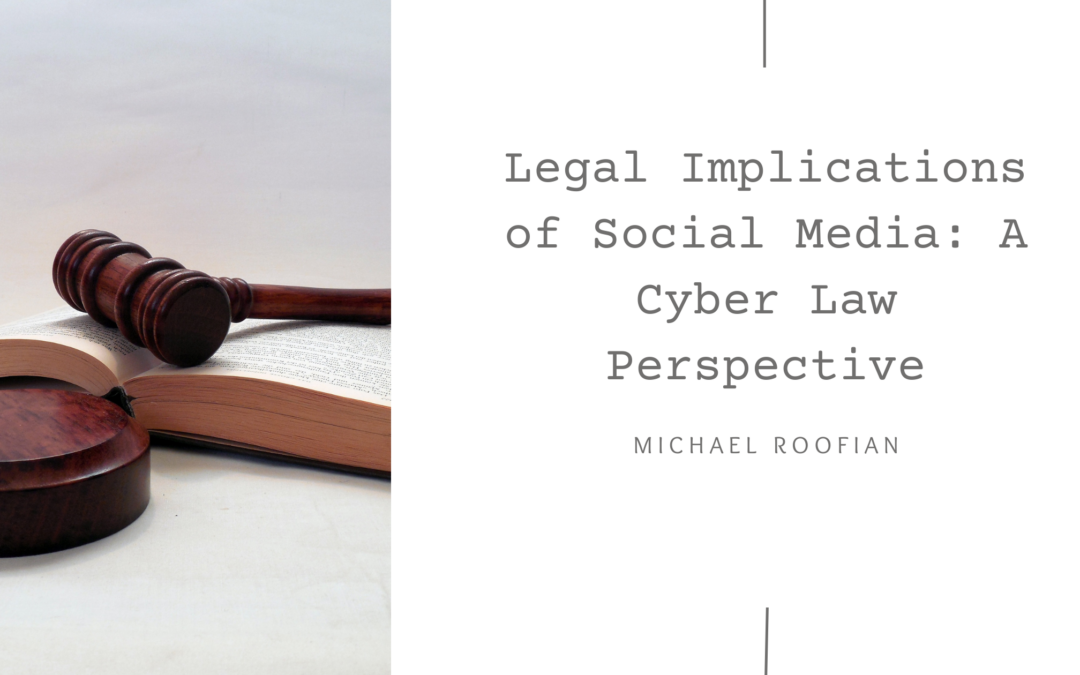In the age of interconnectedness, social media platforms have become integral to communication, networking, and information sharing. However, the expansive use of social media brings forth a host of legal implications, demanding attention from cyber law. This blog explores social media’s legal landscape, shedding light on the impacts and considerations from a cyber law perspective.
Online Defamation and Privacy Concerns: Social media platforms serve as forums for expression, but this freedom comes with responsibilities. Cyberlaw addresses online defamation issues, where false statements can harm an individual’s reputation. Moreover, privacy concerns arise as users share personal information, prompting the need for legal safeguards against unauthorized data use.
Cyberbullying and Harassment: The rise of cyberbullying and online harassment has prompted legal responses to protect individuals from harm inflicted through social media. Cyber law encompasses measures to address abusive behavior, including harassment, threats, or intimidation, and seeks to hold perpetrators accountable for their actions.
Intellectual Property Infringement: Social media platforms are hotbeds for sharing creative content, which raises the risk of intellectual property infringement. Cyberlaw intervenes in cases where users violate copyrights, trademarks, or patents through unauthorized use or distribution of protected material.
Terms of Service and User Agreements: Social media platforms operate under specific terms of service and user agreements, defining the legal relationship between users and the platform. Violations of these agreements can lead to legal consequences, such as account suspension or legal action by the platform against users breaching terms.
Cybersecurity and Data Breaches: The protection of user data is a critical aspect of cyber law in the context of social media. Platforms are obligated to implement robust cybersecurity measures to prevent data breaches. Legal consequences may follow if a platform fails to safeguard user information, resulting in unauthorized access or data leaks.
Impersonation and Identity Theft: Social media platforms are not immune to instances of impersonation and identity theft. Cyberlaw addresses these concerns by providing legal remedies for individuals whose identities are misused on social media, protecting them from harm caused by fraudulent activities.
E-Commerce and Advertising Regulations: Social media is a platform for e-commerce and advertising, prompting cyber law to regulate commercial activities. Laws dictate the transparency of advertisements, protection of consumer rights, and measures against deceptive practices in online transactions conducted through social media.
Content Moderation and Censorship: Platforms moderate content to maintain a safe and lawful online environment. This, however, raises questions about censorship and freedom of expression. Cyberlaw navigates this delicate balance, ensuring content moderation aligns with legal standards and user rights.
